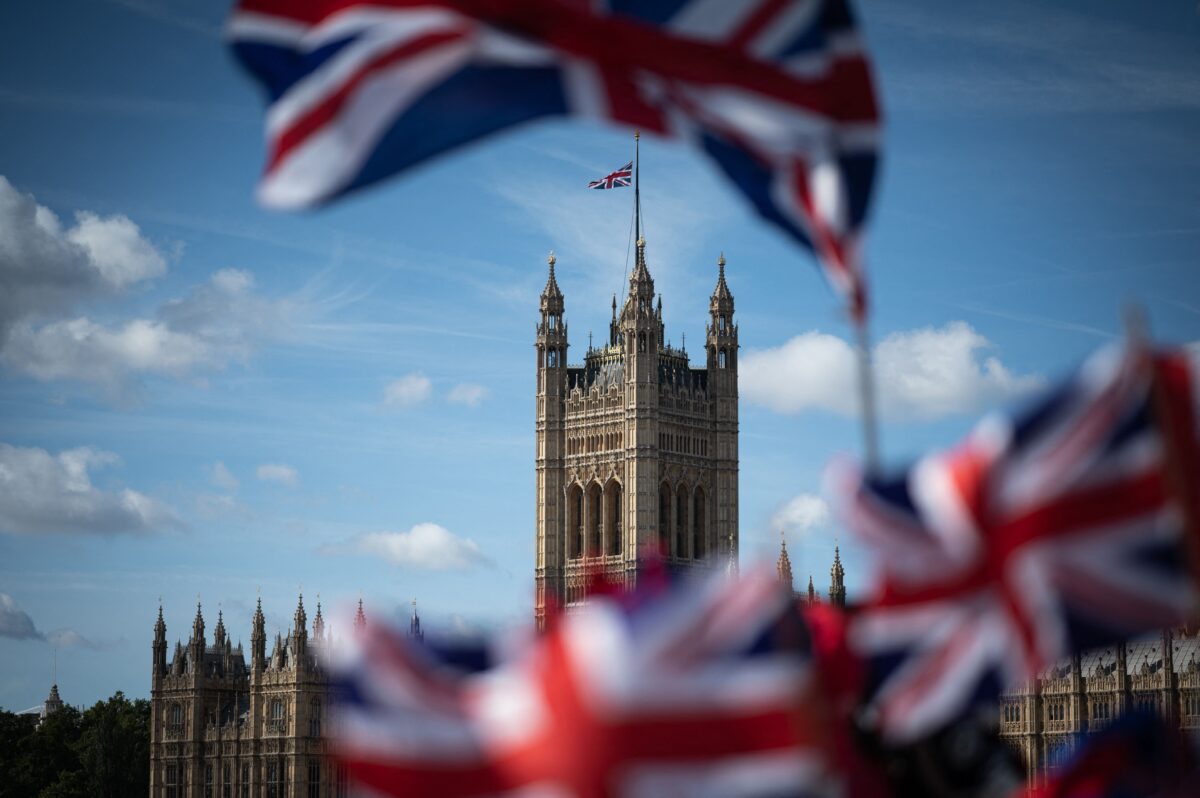The free trade agreement between Australia and the UK has officially come into effect on May 31 after two years of negotiation.
On May 30, British High Commissioner Vicki Treadell delivered the diplomatic note confirming that the UK’s domestic procedures for the trade agreement to come into force had been completed, effectively opening a new chapter in the trade relationship between the two countries.
This comes after the trade agreement was signed in December 2021 and received approval from the UK parliament in March 2023.
Trade and Tourism Minister Don Farrell said the deal was a major step in Australia’s plan to diversify trade.
“When trade flows freely, the benefits are felt across virtually all aspects of everyday life,” he said.
“More trade means more well-paying jobs, more national income, more opportunities for business and a lower cost of living.”
Assistant Trade Minister Tim Ayres praised the trade agreement, saying it would create new opportunities for Australian exporters, businesses and workers.
“They [the UK] are one of our oldest friends … This is a new chapter in the economic relationship, and it means new opportunities for Australian businesses,” he told the Australian Broadcasting Corporation.
“It’s been broadly welcomed by the agriculture sector in particular as has been a big a big step forward … we keep working through the project of expanding Australia’s access to global markets.”
What Changes Under the Trade Agreement
From May 31, over 99 percent of Australian products exported to the UK will be duty-free, including major commodities such as wine, rice, sugar, honey, nuts, olive oil and food supplements.
In addition, Australian industrial goods, such as auto parts, electrical equipment and fashion items, will not be subject to UK tariffs.
While Australian agricultural products, including beef and sheep meat, sugar and dairy products, will have duty-free quotas, the federal government said all tariffs would eventually be eliminated.
In exchange, the Australian government removes tariffs on 98 percent of UK imports to the country, with the remainder to be phased out within six years.

This means Australian will have access to cheaper UK products such as cars, whisky, confectionery, biscuits and cosmetics.
Apart from removing tariffs, the deal also provides more working opportunities for Australians.
Specifically, it allows Australian professionals to access the UK job market on equal footing with nationals from the European Union, except for the Republic of Ireland.
In addition, the trade agreement extends the duration of working holiday visas for young Australians from two to three years and lifts the age restriction from 30 to 35 years from January 31, 2024.
Currently, the UK remains one of Australia’s largest trading partners, with two-way goods trade worth $10 billion (US$6.5 billion) in 2022 and two-way services trade worth over $11 billion in 2021-22.
It is also the second-largest source of foreign direct investment, with a total value of over $1 trillion in 2022.
Business Community Welcomes the Trade Agreement
Andrew McKellar, the CEO of the Australian Chamber of Commerce and Industry–the largest business association in the country, said the trade agreement put Australian exporters at the front of the pack to access one of the largest markets in the world.
“Business has played an important role in the development of this agreement and welcomes the opportunities this partnership provides, not just in the exchange of goods and services, but also in enhancing labour market access between the two countries,” he said in a statement obtained by The Epoch Times.
“This free trade partnership between our two countries will work to further cement our strong and growing relationship with the UK.
“We urge Australian businesses to take advantage of its benefits at the earliest opportunity.”
The Australia-UK free trade agreement takes effect following the Chinese regime confirming the resumption of Australian timber imports after Farrell’s two-day trip to Beijing in May.


















































